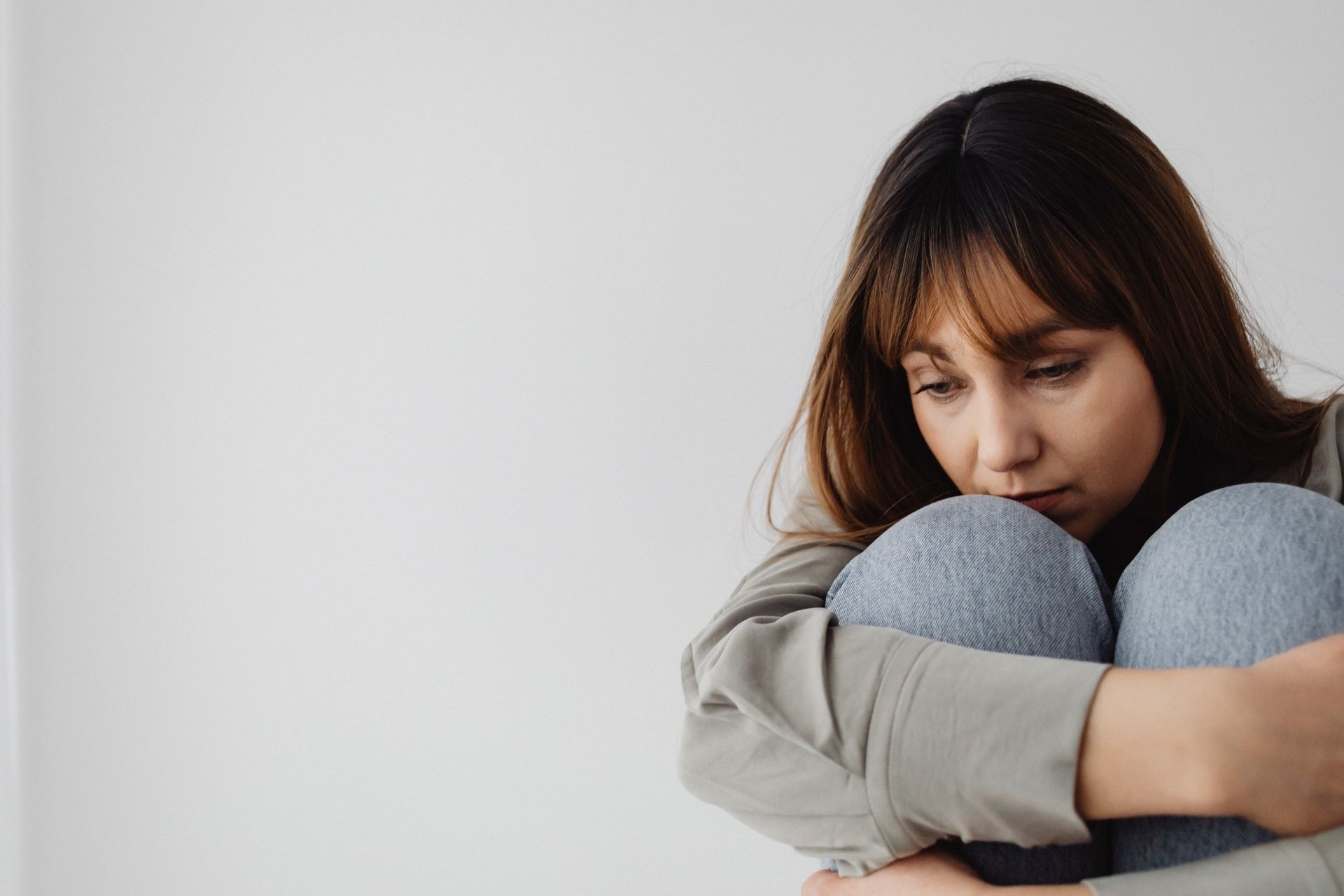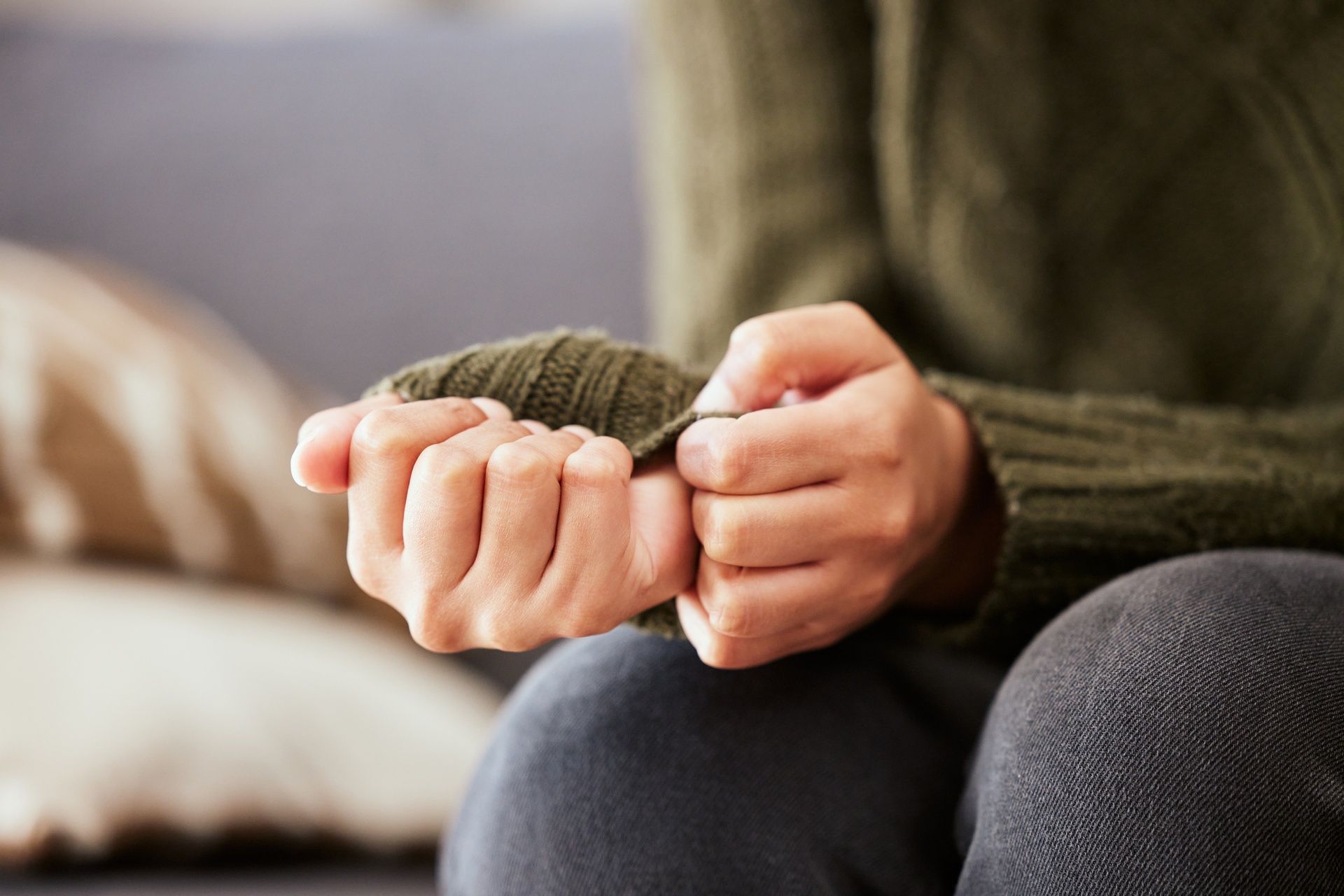Do You Feel a Lack of Safety in the World?
(Understanding what is emotional and psychological unsafety)
You can check my article published on Brainz Magazine: https://www.brainzmagazine.com/post/do-you-feel-a-lack-of-safety-in-the-world
The root of all mental illness is unsafety:
In this increasingly tense social and global environment, the issue of safety has returned to the forefront of many people’s minds. In my counselling practice, I have noticed that all my female clients at some point mentioned their insecurities — a sense of unsafety with their family members, in their intimate and interpersonal relationships, in their work relationships and in their environment. It saddens me that the sense of unsafety is so pervasive and rampant. It reminds me of what an American spiritual teacher once said:
“The root of all mental illness is unsafety."

Signs that you might have a lack of safety:
- You can be hyper-vigilant, cautious, and anxious around people and tends to always censor yourself.
- You are alert in a group, and sometimes appear overly tentative due to fear of attack.
- You have a fear of sharing your thoughts, feelings and emotions with another person. You also do not share your pain, your anger, your sadness or your vulnerability. You also do not share the good things that happen in your life, such as, the success, the aspiration, the passion, the joy.
- You do not trust your environment to be fair, consistent and kind.
- You find it hard to establish trust with another person, although you have a great need for intimacy and closeness.
Overall, you perceive the world as a dangerous place rather than a kind, warm and friendly place.
Why is feeling safe so important?
You might have heard about Abraham Maslow’s “Hierarchy of Needs”. Safety needs represent the second tier in Maslow’s hierarchy and these needs include emotional security, financial security, law and order, freedom from fear, social stability, property, health and wellbeing. Only after these safety needs have been met, we can move up to the next level of human needs that involves feelings of belonging and connectedness.
If our safety needs are not met, we will not be able to experience love, intimacy, trust, acceptance, or receive and give affection in relationships. We may be stuck in loneliness, unable to experience the feelings of loving someone or being loved. This can be an irreparable regret for us because I believe as people, the most important thing in our lives is relationships.
What is emotional and psychological unsafety?
When we talk about unsafety, we often associate it with a threat or danger in a physical way. For example, someone hits you with a stick or beats you over your head. This is indeed a source of physical unsafety that involves physical violence, but what I want to talk about here is emotional and psychological unsafety.
Emotional and psychological unsafety means you cannot be you. You cannot share your thoughts, feelings and emotions with another person, because you do not feel safe enough to be open and vulnerable with them. It is often associated with a lack of acceptance in an environment, such as denial, criticism, blame, certain voice tone or “attitude”, passive aggression, silent treatment and manipulation from people in the environment.

How did your unsafety develop?
The root cause of the sense of unsafety has to do with our early environment up to the age of eight. This environment refers to your major caregivers, usually your parents, and their interactions with you — the environment is your home environment. Your sense of safety is determined by the relationship your parents had with you and your perception of how they treated you. Did you perceive your home early in life to be safe, warm, and benign? Or was it uncertain, neglectful, and even malicious?
If your home early in life was not safe enough, which involves some unsafe situations as an infant and child, you were powerless to change the environment. So you had to adapt and develop coping strategies to deal with unsafety, such as holding back your thoughts and feelings and not expressing yourself, becoming reticent and quiet, always feeling anxious and unconsciously looking for signs of danger while sometimes not being aware when there was real danger.
What is it like to feel safe?
As a therapist, one of my major tasks is to provide a safe space for my clients. Only when the environment is safe enough can people develop a certain amount of trust to heal old wounds. But I also realised that if a person did not experience a sense of safety from their family of origin at a young age, it is difficult for him/her to know what safety is and what it feels like. Feeling safe might be foreign to those who are not accustomed to safety due to early unsafe relationships.
I once heard someone explain the feeling of safety this way: “It is a state of complete relaxation, the muscle of your body is relaxed and not tight. When you share your feelings, thoughts and vulnerability with the person, you do not have to censor yourself, he/she listens to you and accepts you as part of him/herself. It is as if you have been hugged a thousand times”.
"A major sign of feeling safe has to do with a person being able to truly express themselves and show up as their most authentic self without worrying they will be judged, mocked, ridiculed or shamed."
Feeling safe is feeling accepted.
In my next article “Do You Come From an ‘Unsafe Home’? - Four Ways To Help You Feel Safe In The World”, I will further elaborate on safety issues and how to heal them. If you often feel insecure and anxious, I welcome you to contact me because I can help you reconnect with your inner sense of safety. Below is how you can contact me: yingli@liveyourworth.co
Contact me via:
Psychotherapy, Counselling & Coaching
Get Your Worth In Your Inbox
Enter your information to get an email notification whenver my new post/blog comes out, I promise not to share your information with anyone else.
@2021 Live Your Worth - All Rights Reserved
